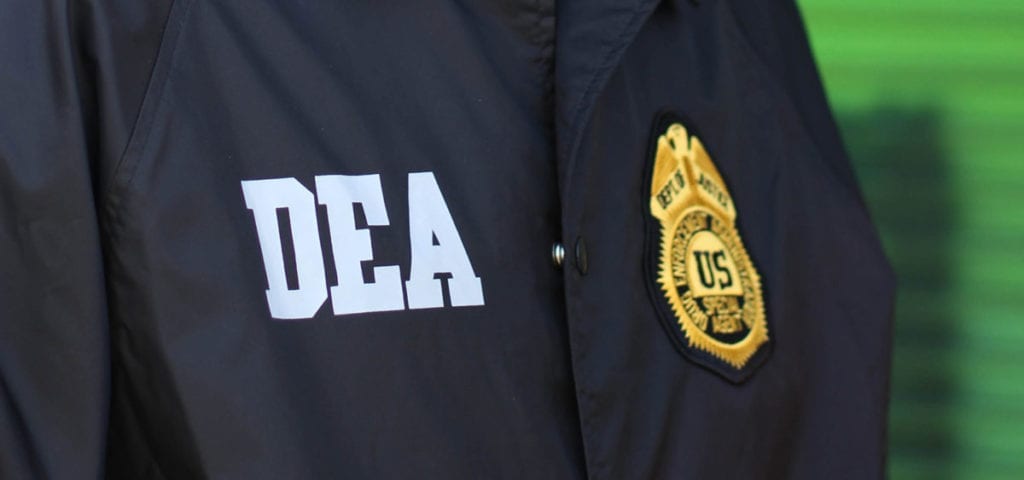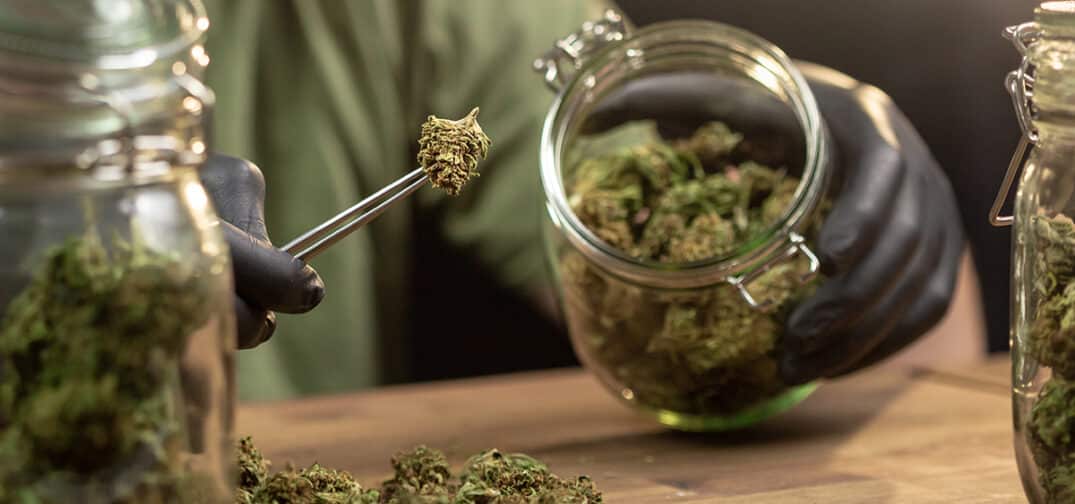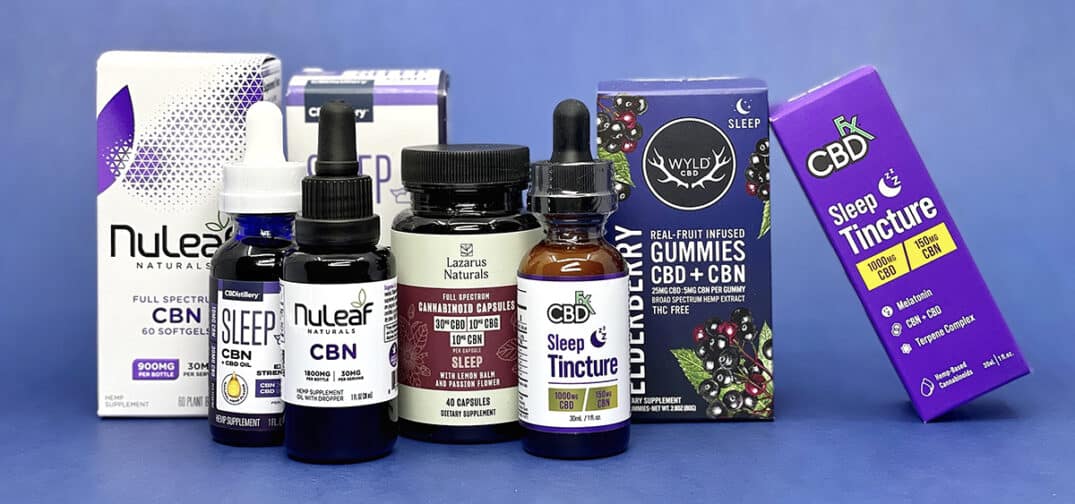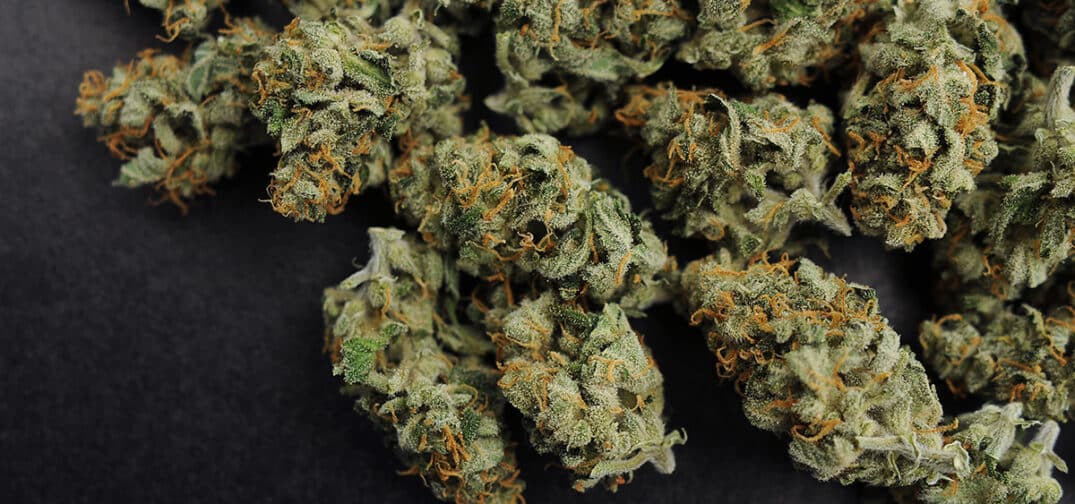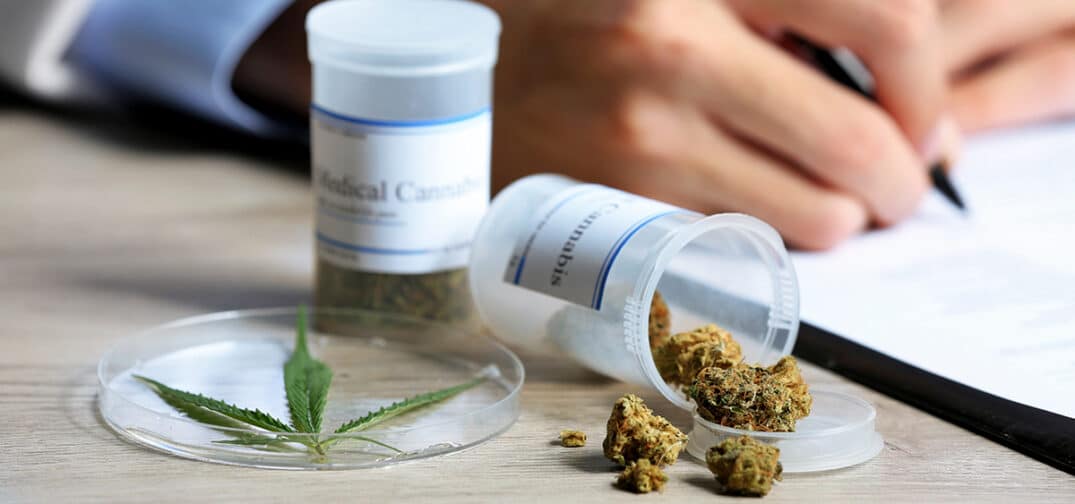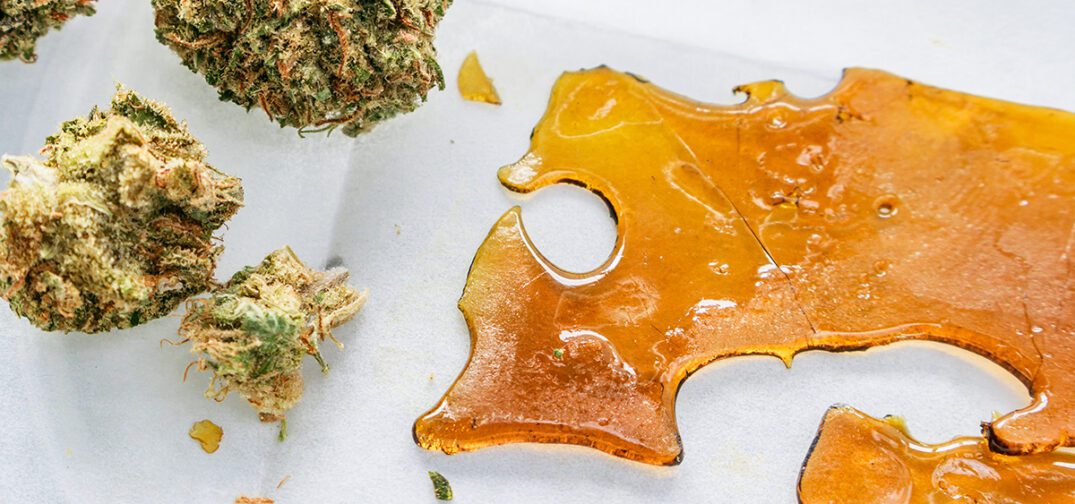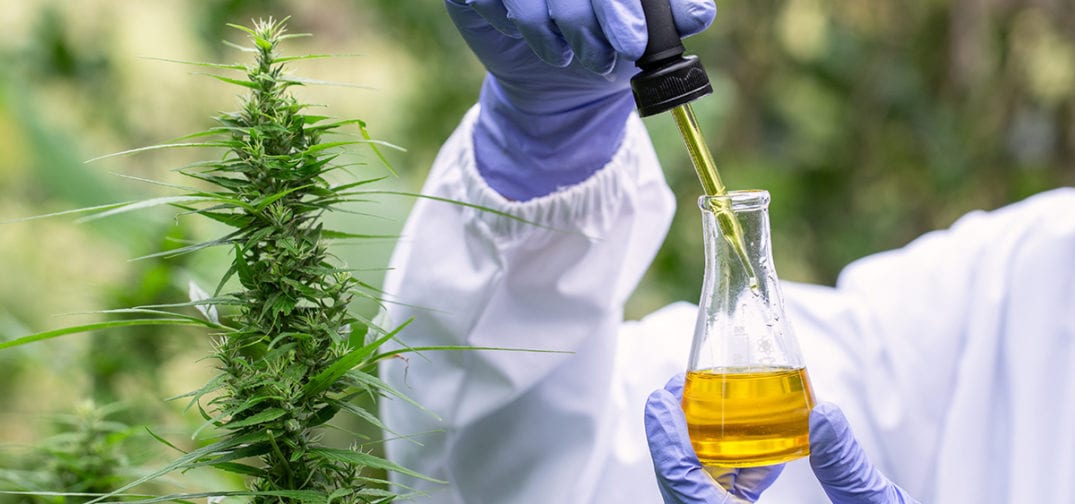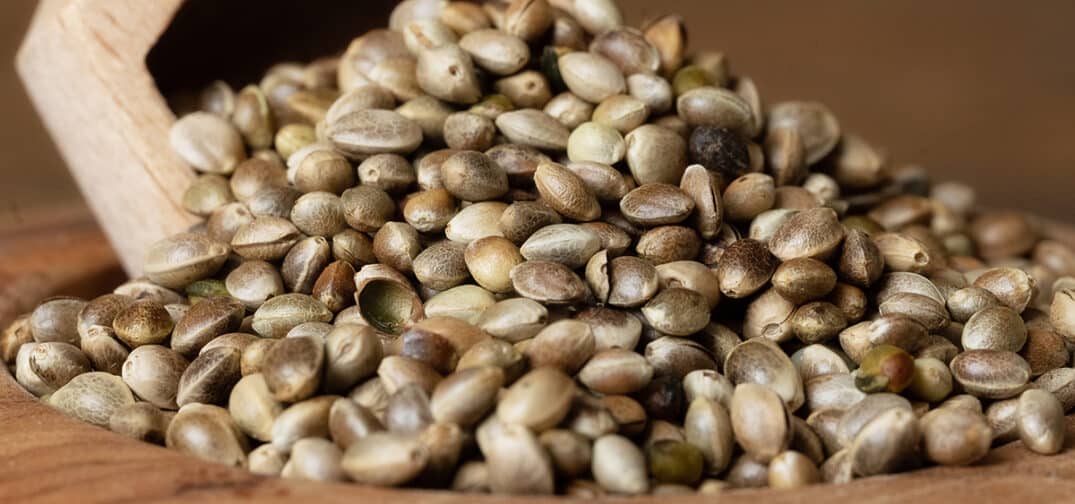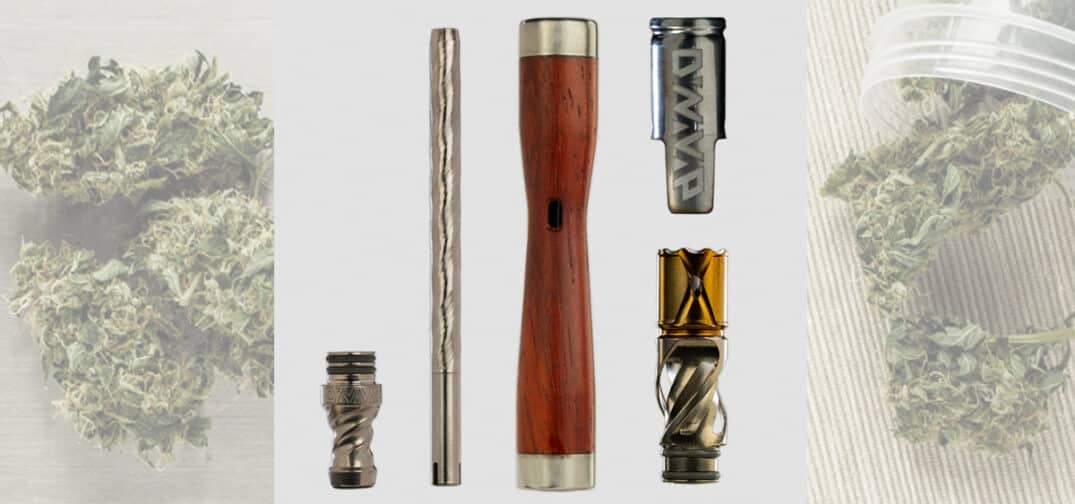Cannabis brands have been facing a significant challenge in accessing financial services since states began to legalize the plant. This struggle has been highlighted by a recent lawsuit filed by FP Omni Technologies, a cannabis-friendly payment processor, against TSYS Acquiring Solutions, LLC (“TSYS”), a subsidiary of Global Payments, Inc. The lawsuit, filed in the Superior Court of Gwinnett County, Georgia, details FP Omni’s claims against TSYS, alleging false representation and a breach of contract.
In a press release published on December 28th, FP Omni Technologies, based in Peachtree City, Georgia, announced its decision to wind down operations. Since 2020, the company has provided hundreds of dispensaries and their customers with a compliant way to process legal cannabis transactions.
According to the announcement, the issues leading to the shutdown stem from FP Omni’s inability to continue payment processing services promised by TSYS. The two parties had reportedly entered into a long-term agreement in 2019, which FP Omni alleges TSYS has not honored. Specifically, FP Omni claims TSYS misrepresented its ownership and control over the payment gateway through which FP Omni’s transactions were processed and failed to provide the agreed-upon payment processing services without the consent of any other entity.
FP Omni believes that, as a result of TSYS’ continuing actions and inactions, the company could no longer service its customers properly.
– Excerpt from the press release
The lawsuit gained momentum on September 29, 2023, when the trial court denied TSYS’ request for dismissal. The court ruled that FP Omni could proceed with its claims for breach of contract, fraud, negligent misrepresentation, and breach of implied duties of good faith and fair dealing. FP Omni seeks compensatory and punitive damages, and the latest valuation of the company exceeded $500 million. A copy of the lawsuit and court order can be viewed on the FP Omni website.
One key aspect of FP Omni’s operations was its use of pin debit transactions, a method singled out by major credit card processors earlier in the year. This method was considered one of the few available to cannabis businesses due to the federal illegality of cannabis, which restricts traditional banking and credit card processing options. The lawsuit and FP Omni’s subsequent shutdown highlight the ongoing difficulties cannabis businesses face in accessing essential financial services.
FP Omni says they are determined to continue their litigation against TSYS vigorously. The company aims not only to recover the full value of its lost business but also to expose the actions of TSYS and others involved in stifling a legal, competitive cannabis payment processing industry.
End

